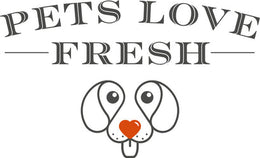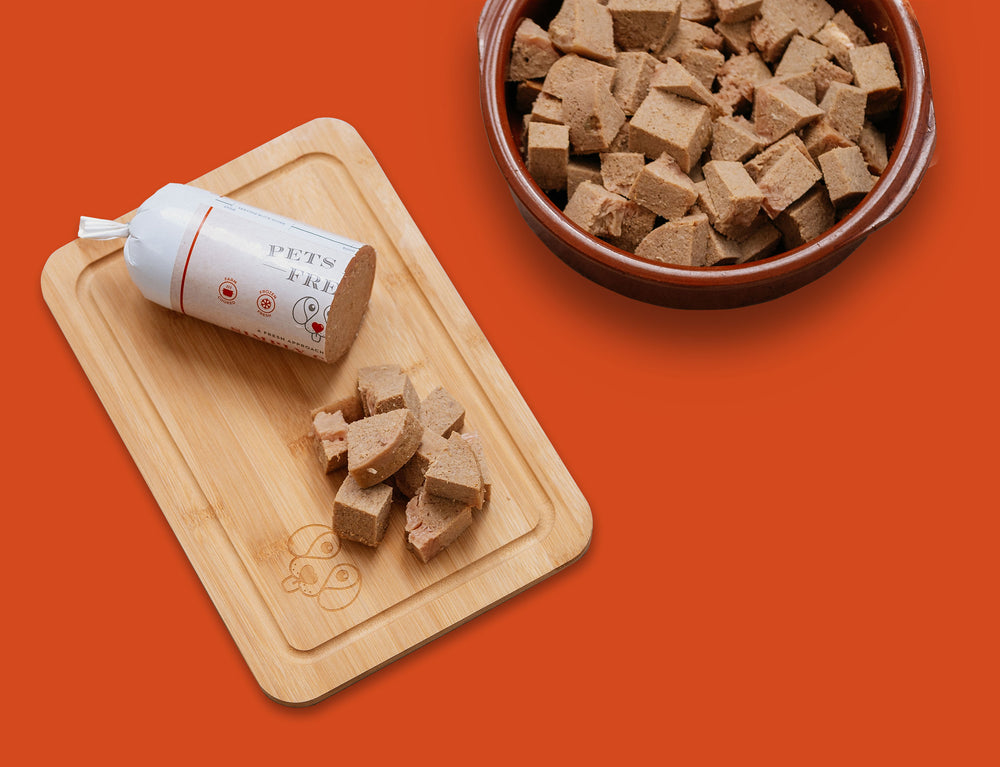What home remedy can I give my dog for diarrhoea?
It's always very important to consult with your vet for proper diagnosis and treatment, if your dog has diarrhoea. Diarrhoea in dogs can be caused by various factors, including poor diet, infections, parasites, or underlying health issues like IBD and hormonal disorders.
While you should always seek professional advice, here are some general suggestions that may help manage mild cases of dog diarrhoea, when your pet is otherwise well:
Fasting
Withhold food for a short period 12 to 24 hours to give your dog's digestive system a chance to rest. Provide access to fresh water to prevent dehydration. Fasting is only advised in adult dogs who are well hydrated.
Bland Diet
After the fasting period, gradually reintroduce a bland diet. This can include boiled chicken or white fish mixed with plain, cooked rice or boiled sweet potatoes. Feed small, frequent meals.
Probiotics
Probiotics can help restore the balance of beneficial bacteria in the gut. Studies have shown that giving a course of probiotics can shorten the duration of a bout of diarrhoea. You can find canine-specific probiotic supplements or feed plain, unsweetened yogurt with live cultures. However, be aware that some dogs are lactose intolerant, so feeding dairy could lead to a worsening of their diarrhoea. You can also look for probiotic dog food, which is an easy way to include probiotics in your dog’s regular diet, outside of any short-term illness
Hydration
Ensure your dog stays hydrated. Offer plenty of fresh, clean water to prevent dehydration. If your dog is not keen on water, you could offer some dog safe broth. This can be made by offering the water that chicken has been boiled in. There are also canine rehydration solutions available e.g. Lectade or Oralade.
It's crucial to monitor your dog's condition closely. If diarrhoea persists, is accompanied by other concerning symptoms, or if your dog is very young, elderly, or has pre-existing health conditions, seek prompt veterinary attention.
Ongoing diarrhoea can be a sign of a more serious underlying issue that requires professional diagnosis and treatment.

